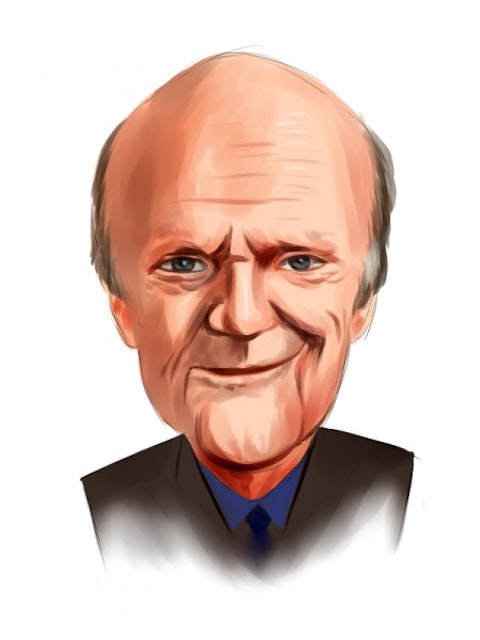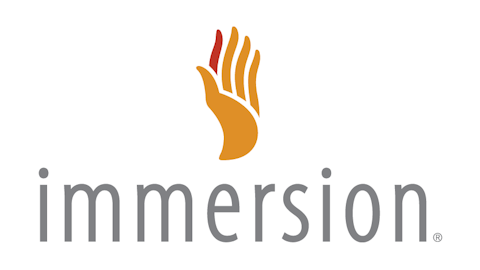Billionaire Julian Robertson is one of the most closely followed figures in finance, even after his official retirement from running Tiger Management several years ago. Robertson, who is notable in part because several “Tiger Cubs” who worked for him have gone on to become successful fund managers themselves, still files quarterly 13Fs with the SEC. Here are a few things we noticed compared to the billionaire’s previous filing:
Still strong on DigitalGlobe. DigitalGlobe (NYSE:DGI), a provider of earth imagery products for the aerospace and defense industry, was a new position for Robertson in the second quarter. In his latest filing, the billionaire upped his stake in the small-cap slightly, and now holds $24.3 million of stock. This value makes DigitalGlobe new No. 1 holding (it was No. 3 one quarter earlier), and shares have rewarded this move, returning 13.8% over the last three months.

There’s no dividend here and the valuation is atrocious at 120 times forward earnings, but we don’t think Robertson really cares. The reason he, and any other long investor, would be invested in DigitalGlobe is for its growth prospects. As the company’s satellite imagery products gain traction in the global markets, Wall Street projects earnings to triple by the end of this year (yoy), with early estimates predicting they’ll double in 2014.
Bullish on the ‘Internet of Things.’ Sticking with the high-growth tech theme, Tiger Management also revealed that it has established new stakes in eBay (NASDAQ:EBAY), United Online (NASDAQ:UNTD) and E-Trade Financial (NASDAQ:ETFC). With this trio of stocks, Robertson gains immediate exposure to three of the most promising trends in the so-called ‘Internet of Things’: e-commerce, Internet access/email, and online brokerage services.
One reason the billionaire might prefer eBay to Amazon is its valuation; eBay trades at fairly valued metrics across the board, while its larger peer sports a PEG of 35 and a forward P/E of 130. The growth prospects are still there for eBay, and they actually have a sales conversion rate that’s slightly higher than Amazon.
United Online, on the other hand, isn’t the first company that comes to mind when one thinks ‘Internet access,’ but its diverse portfolio of brands does cover a lot of corners of this space. And E-Trade, which is generally behind TDAmeritrade (NYSE:AMTD), Charles Schwab (NYSE:SCHW) and Fidelity in terms of online brokerage market share, has seen its share price double in 2013, and they’re still cheap by most metrics. The company is in the midst of a turnaround, and has recently announced it will start paying $100 million in dividends per quarter over the near term.
Sold out of a few favorites. Lastly, it’s curious to note that Robertson and Tiger Management sold out of three companies that were in their equity portfolio’s top 10 one quarter earlier. These old favorites were Charter Communications (NASDAQ:CHTR), Ryman Hospitality Properties (NYSE:RHP) and Monsanto (NYSE:MON). The hedge fund typically exhibits a moderate level of turnover each quarter, and it’s worth noting that of the three, only Charter has outperformed the S&P this year. The other two have returned an average of just 12%.
Disclosure: none





